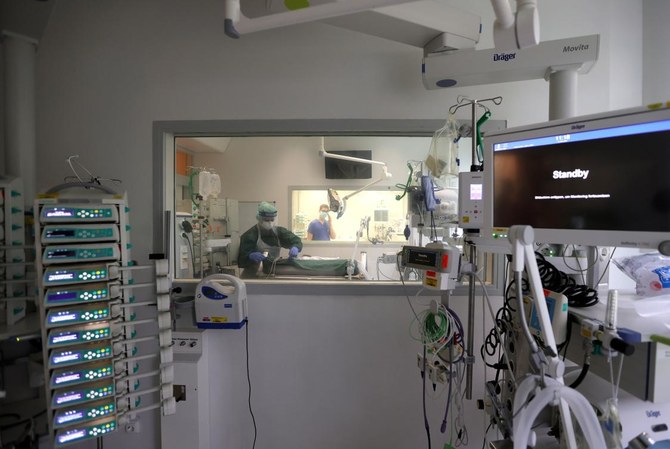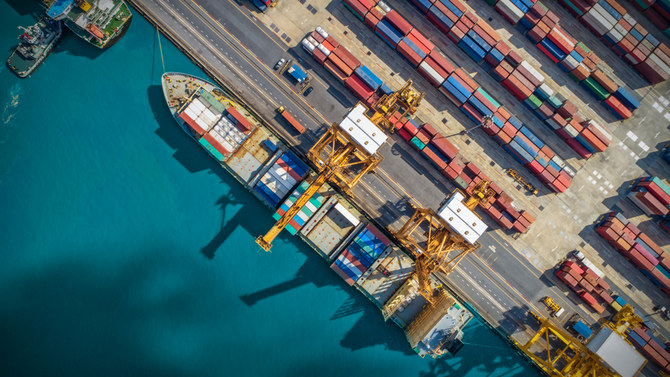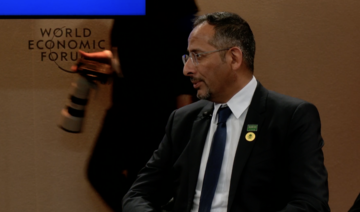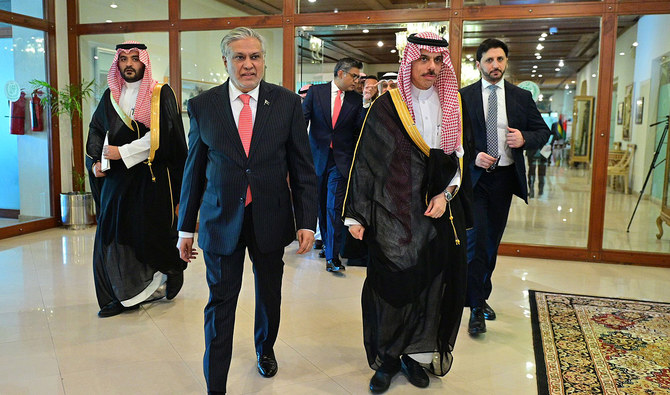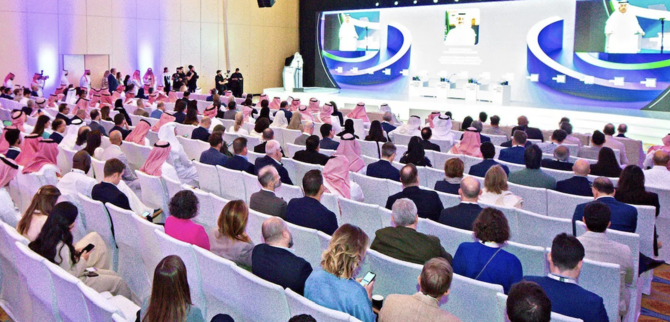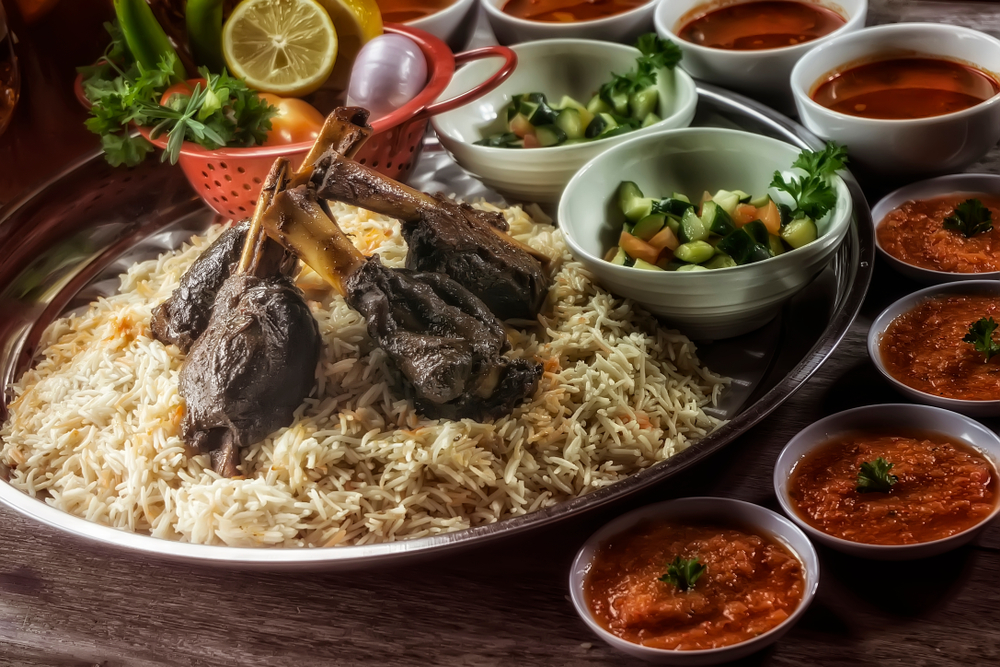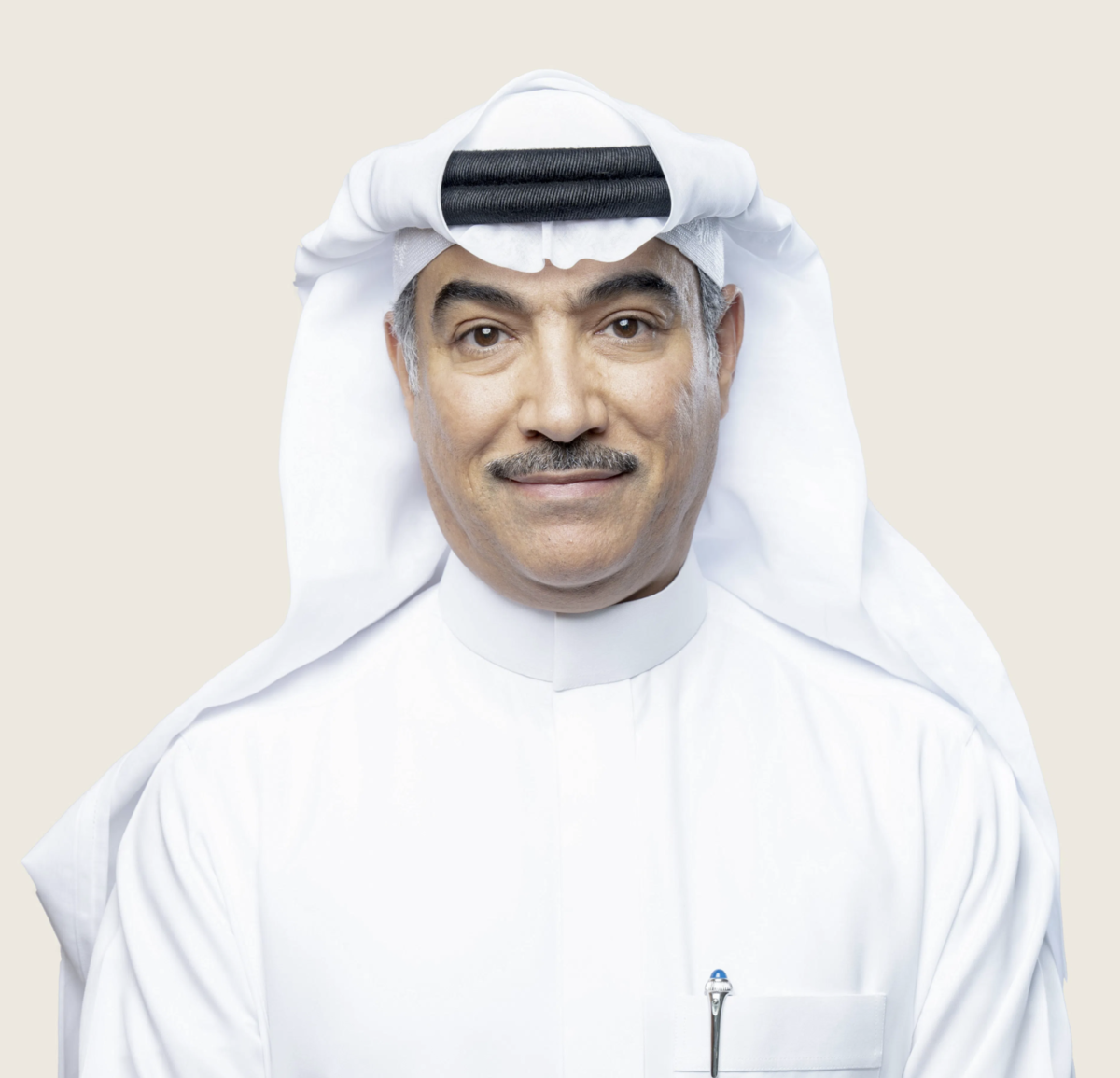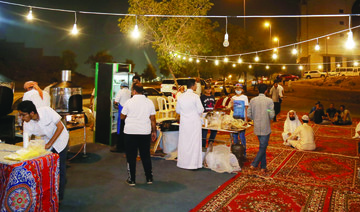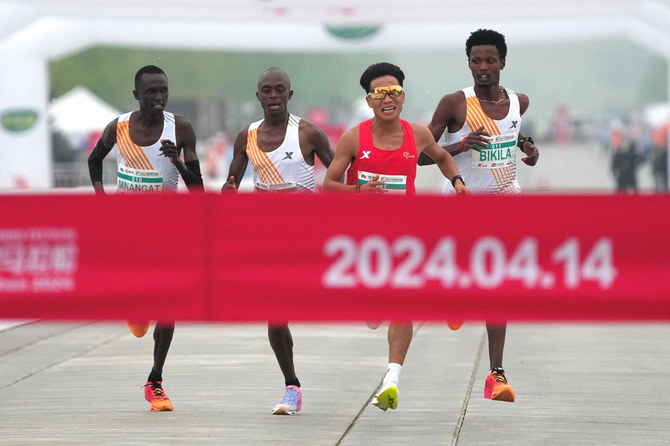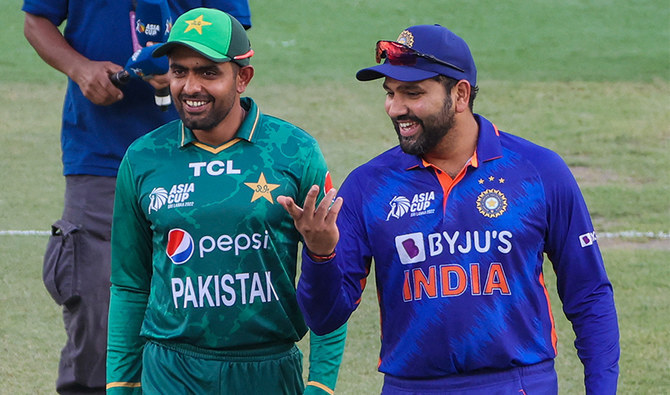Globally, the number of coronavirus disease (COVID-19) cases moved past the 41 million mark, while cases grew exponentially in Europe.
The US Food and Drug Administration (FDA) approved biopharmaceutical company Gilead’s antiviral drug remdesivir for the treatment of COVID-19.
US first-time jobless numbers came in at 787,000 for the week ending Oct. 17, still hovering around the 800,000 mark. One important point here is that many of the jobless have transitioned from unemployment benefits to funds provided by the rescue/stimulus packages.
The UK signed its first post-Brexit trade deal with Japan.
At more than 100 percent, the OPEC+ Joint Ministerial Monitoring Committee (JMMC) reported good compliance with the 7.7 million barrels per day (bpd) production cuts.
However, the consortium of OPEC and its 10 non-OPEC allies is still faced with restricted demand due to the COVID-19 pandemic and increased supply out of Libya. Going forward, the question will be what will happen to Iranian supply in the medium term in the event of a Joe Biden (Democratic Party) victory in the US presidential election.
Investment banking giant Goldman Sachs reached a plea deal with the US Justice Department of $2.3 billion for violating the foreign corrupt practices act in the bribery scandal around Malaysia’s sovereign wealth fund 1MDB, which may bring the total penalties accruing to the company up to $5 billion.
The Tadawul initial public offering (IPO) of Saudi grocery chain Bindawood was 50 times oversubscribed and the stock rose to SR105.60 ($28.16) from an offering price of SR96. The company invested early on in online platforms, which proved beneficial in the context of the COVID-19 pandemic.
The US Justice Department has accused Google of suppressing competition in Internet search in the most pervasive anticompetition case since 1998, when Microsoft was accused of non-competitive behavior. The interesting dimension is that while Google and Co. may demonstrate monopoliztic behaviors, they are doing so amid falling prices, forcing the US Justice Department to disassociate an antitrust case from price action, which is a first.
Meanwhile, the earnings season continued with among others Netflix, Tesla, Ericsson, Huawei, UBS, and Barclays.
Netflix disappointed by only adding 2.2 million new subscribers, which was well below analysts’ expectations of 3.57 million. Revenue stood at $6.4 billion and net income at $790 million. The shares lost 6 percent in afterhours trading.
Meanwhile Tesla shares rose 5 percent on reporting net income of $331 million and revenues of $8.77 billion. This marked the electric car and clean energy company’s fifth consecutive profitable quarter.
Swedish telecoms firm Ericsson benefits from the global roll out of 5G networks and from US sanctions on competitor Huawei. Ericsson reported earnings of 9 billion Swedish krona up 2.4 billion compared to the same quarter in 2019. Revenues stood at 57.5 billion krona.
Huawei’s third-quarter revenues came in at $31.19 billion with a profit margin of 8 percent down from 8.7 percent for the same quarter last year. Revenue growth was down 24.4 percent for the first nine months.
Swiss banking giant UBS’ pre-tax profits were up 92 percent at $2.6 billion after declining 11 percent in the second quarter. Net income stood at $2.1 billion allowing outgoing CEO Sergio Ermotti to bow out with the best quarterly results in a decade.
Barclays also surprised on the upside with a net profit of $797.7 million for the first quarter as loan-loss provisions came in at £608 million lower than the expected £1 billion.
Focus:
The US dollar has come off its highs earlier this year and the yuan has not appreciated this much since 2018, leaving the question open how long the People’s Bank of China (PBoC) will allow for the trend to continue.
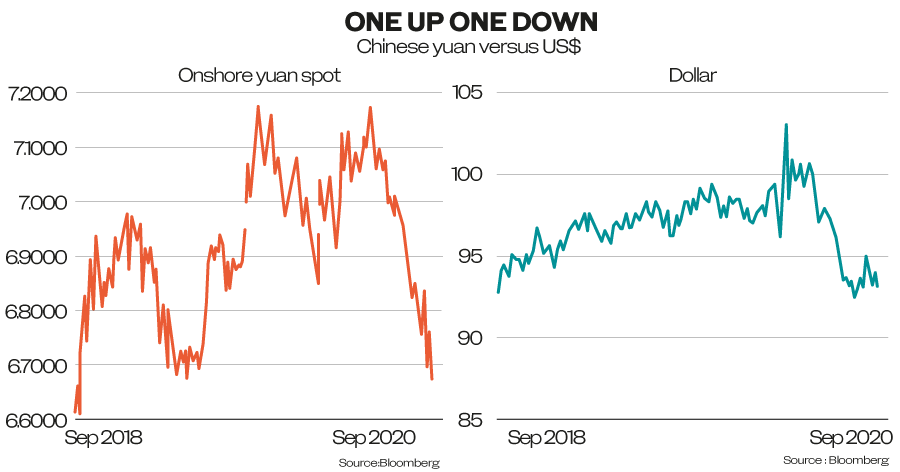
This is particularly relevant as only 2 percent of investors in Chinese fixed-income assets are foreign and exchange-traded funds (ETFs) in Hong Kong and Shenzhen having opened to foreign investors, are bound to lead to a future influx of foreign capital over time.
The International Monetary Fund predicts that China will be the biggest growth engine to the world economy in 2021 outstripping growth of other countries.
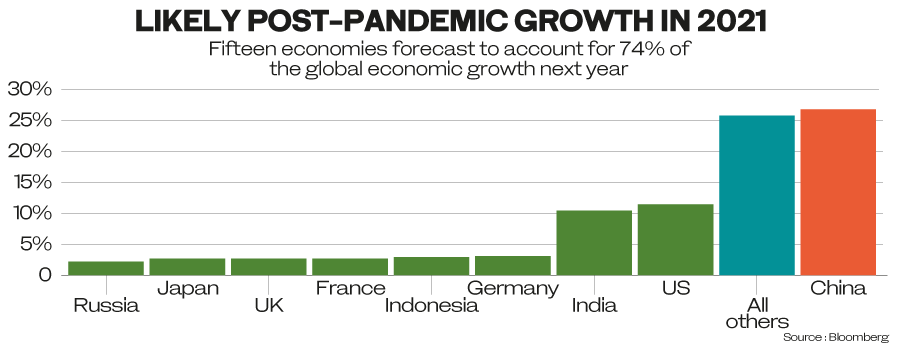
In the technology sector, the MSCI Information Technology Index for China has outperformed the Nasdaq. This brings a new perspective to the US-China trade wars. In the same vein, the tech wars may explain why US multinational Nvidia’s proposed acquisition of UK chip maker Arm Holdings from SoftBank may not be viewed positively by the Chinese antitrust authorities.
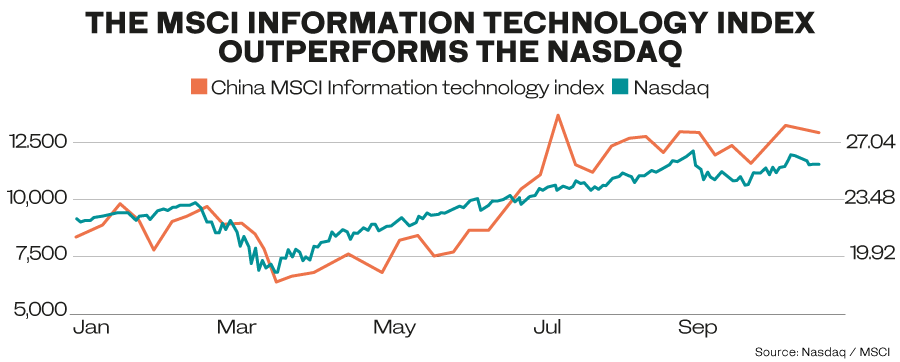
Where we go from here:
GCC bond offerings reached a high with $102 billion this year and Oman proposed $2 billion sovereign bonds split into 7- and 12-year maturities. According to S&P global, the deficit for Oman’s 2020 budget could reach 18 percent. Oman also does not benefit from the same implicit support by its GCC neighbors as Bahrain does, which will be reflected on pricing.
The UK-EU Brexit negotiations look set to continue, with fisheries remaining the last sticking point.
The latest US rescue package is still held up between the House of Representatives and the Senate. It looks increasingly unlikely that it will be passed before the US presidential election.
— Cornelia Meyer is a Ph.D.-level economist with 30 years of experience in investment banking and industry. She is chairperson and CEO of business consultancy Meyer Resources. Twitter: @MeyerResources



